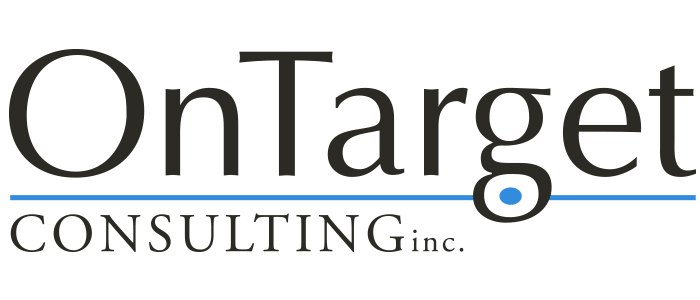Beginnings
"A speaker who does not strike oil in ten minutes should stop boring." – Louis Nizer
In the course of an average work week, I listen to a lot of presentations. Although the speakers almost always have interesting information to share, I am continually surprised by the ways we become our own worst enemy when it comes to public speaking, especially when it comes to how we begin our remarks.
Here are some simple guidelines to get your speech off to a memorable start:
Begin with a bang. The first sixty seconds are critical. Put your audience on notice that your message and content will be worth listening to.
Do not start by thanking your host or the audience. Don’t talk about the weather, the traffic or how happy you are to be there. Build on the energy generated by your introduction and initial applause.
Choose an effective opening that ties into your core message:
An entertaining story
A thought-provoking question (e.g., What would you do differently, if you knew no one would criticize you?)
A startling statistic (e.g., Most companies don’t spend time evaluating their hiring processes, yet almost 60% of job seekers say they had a poor candidate experience, and 72% of those job seekers shared their experience on an online employer review site such as Glassdoor.com.)
A memorable quote (e.g., The difference between successful people and really successful people is that really successful people say ‘no’ to almost everything – Warren Buffett)
A engaging visual (cartoon, photo, drawing)
Use original material. If you tell a joke or anecdote that your audience has heard before, the punch line may fall flat and get your speech off to a weak start.
Show them you know them. Talk to some of the attendees in advance and share quotes or stories from those interviews. This will establish the relevance of your material to the audience from the outset.
Answer any unspoken questions the audience may have. For example, if you speak with an accent, name it and explain it so that people don’t spend time trying to figure out where you’re from instead of listening to your speech. If your credentials aren’t readily apparent, deal with it head on. Motivational speaker Patricia Fripp addresses this question when speaking to corporate audiences by saying, “I know many of you are wondering what an ex-hairstylist can say to a group of Apple sales people ..”
Audiences want you to be entertaining. They want you to be successful. They will forgive you for almost anything except being boring. Get off to an engaging start, and your audience will be eager to hear the rest of your speech.
© Margo Fowkes, 2020. All rights reserved.

